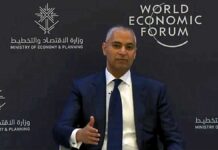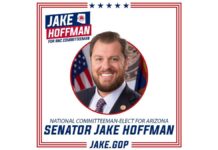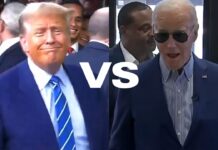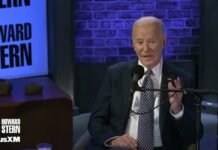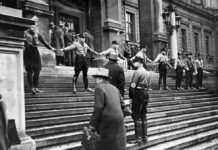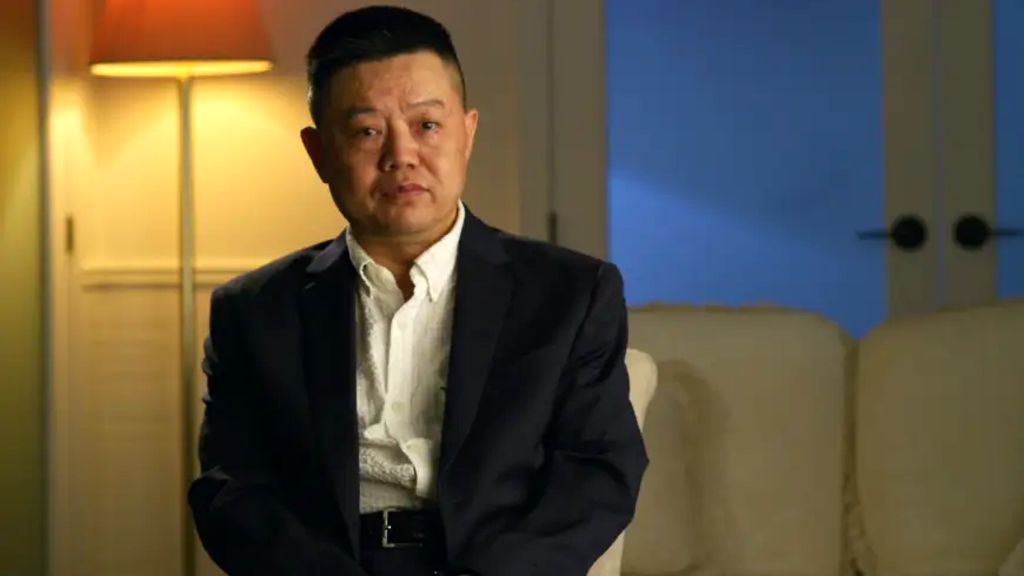Stepping into the van guarded by armed soldiers with five surgeons and nurses, Zheng Zhi didn’t know he was entering into a world that would haunt him for the next quarter of a century.
Dr. Zheng, then a resident doctor at one of China’s largest military hospitals, knew little more than they were on a “secret military mission” near a military prison located around the northeastern Chinese city of Dalian.
A light blue fabric covered the four sides of the vehicle, shielding it from any curious glances.
When the door opened, four burly soldiers carried in a man whose limbs were bound with thin ropes that had cut deeply into his flesh. The man was no more than 18 years old; his organs, the surgical crew had been told the day before, were “healthy, fresh.”
A doctor instructed Dr. Zheng to “step on” the man’s legs and “don’t let him move.” He pressed the man’s legs down with his hands and to his shock, they were warm to the touch. Blood was now flowing from the man’s throat.
He watched a doctor slice open the man’s stomach and two others reach in to remove a kidney each. The man’s legs twitched and his throat moved—although no sound came out.
“Cut his artery and veins, quick!” a doctor told Dr. Zheng. As he did so, so much blood gushed out that it splashed all over Dr. Zheng’s gown and gloves. That was when he got the order to extract the man’s eyes.
Dr. Zheng looked at the man’s face. Staring back at him was a pair of wide-open eyes.
“It was horrifying beyond words. He was looking right at me. His eyelids were moving. He was alive,” Dr. Zheng recounted to The Epoch Times in July, the first time he agreed to use his real name to recount his story.
But, in the van in 1994, little did he know he was party to what would soon become an industrialized killing apparatus set up to extract organs from prisoners of conscience and sell them on demand.
By Eva Fu


